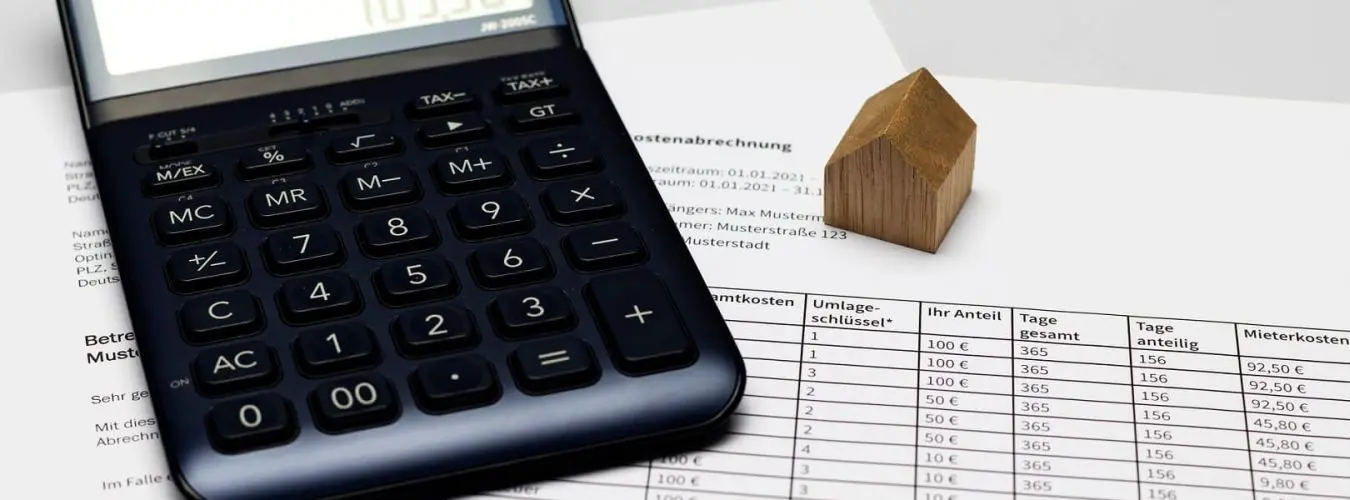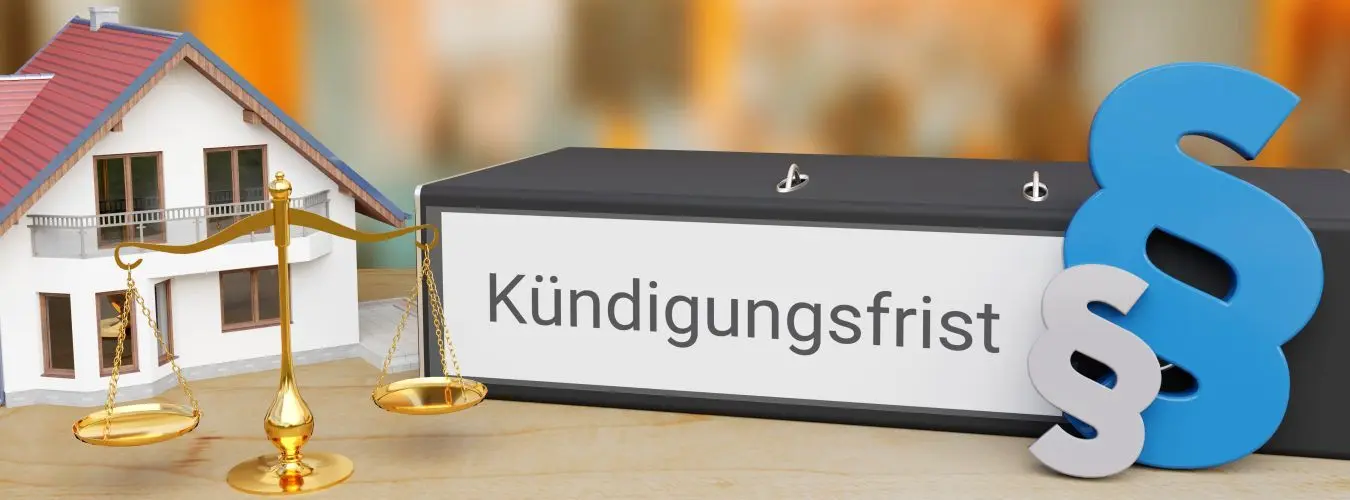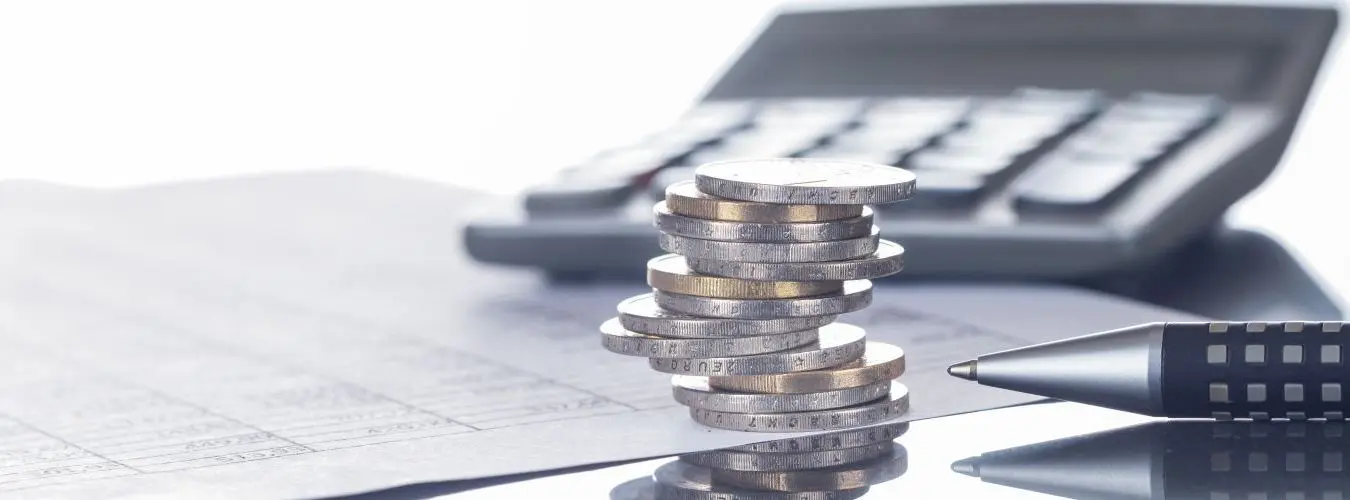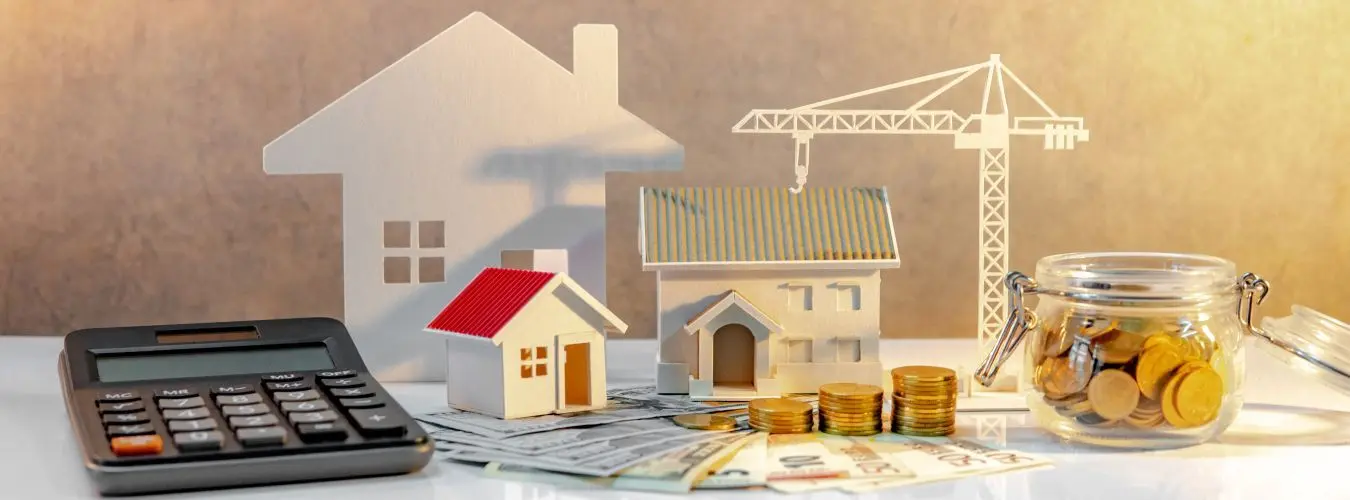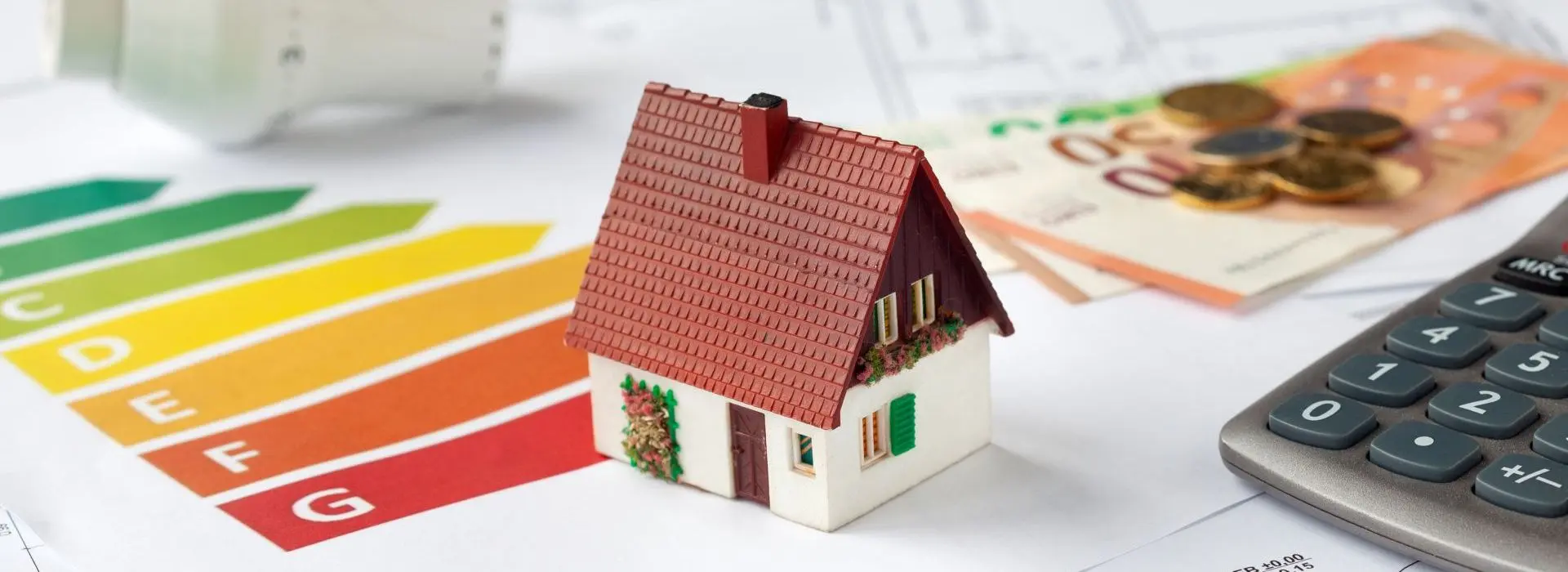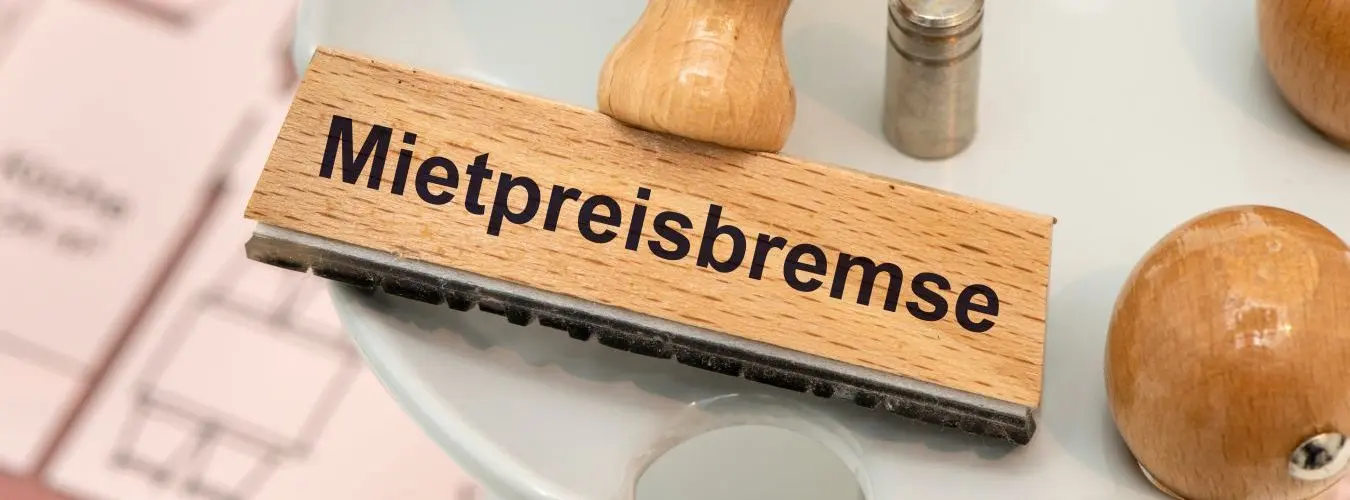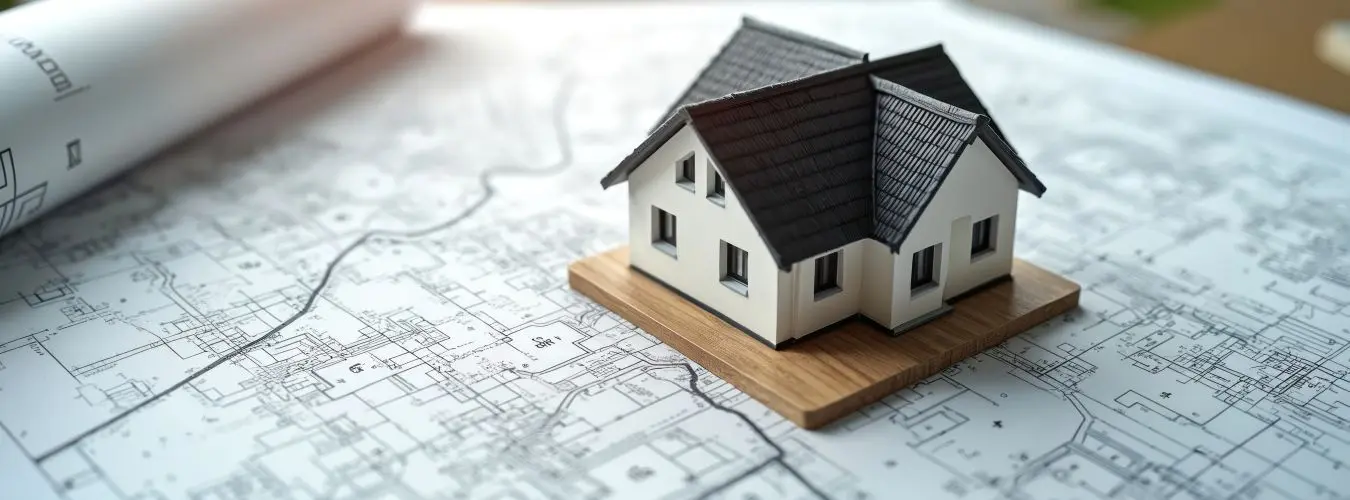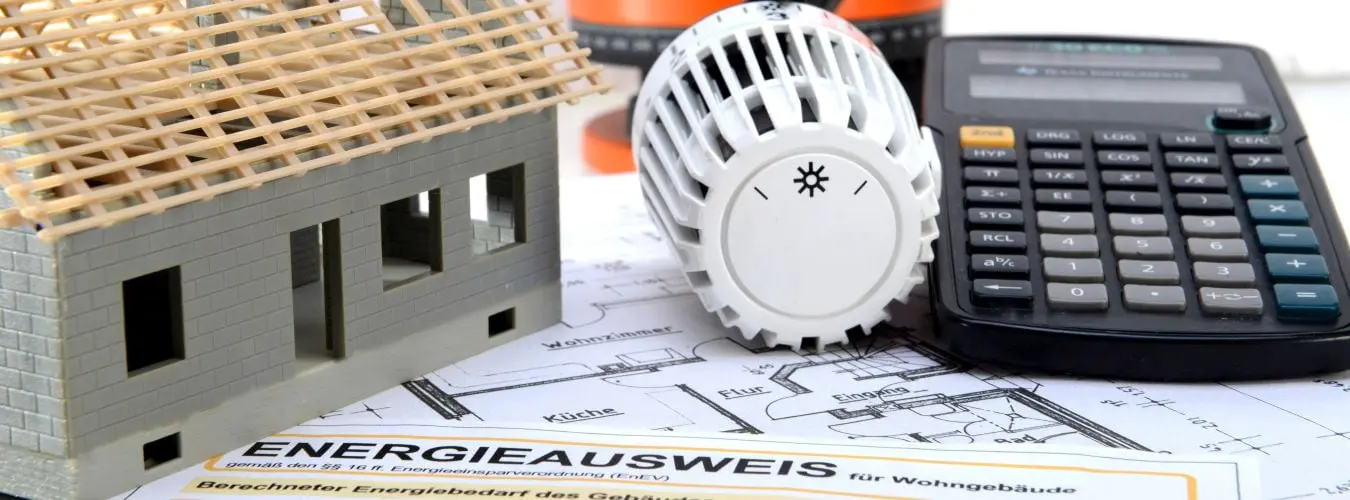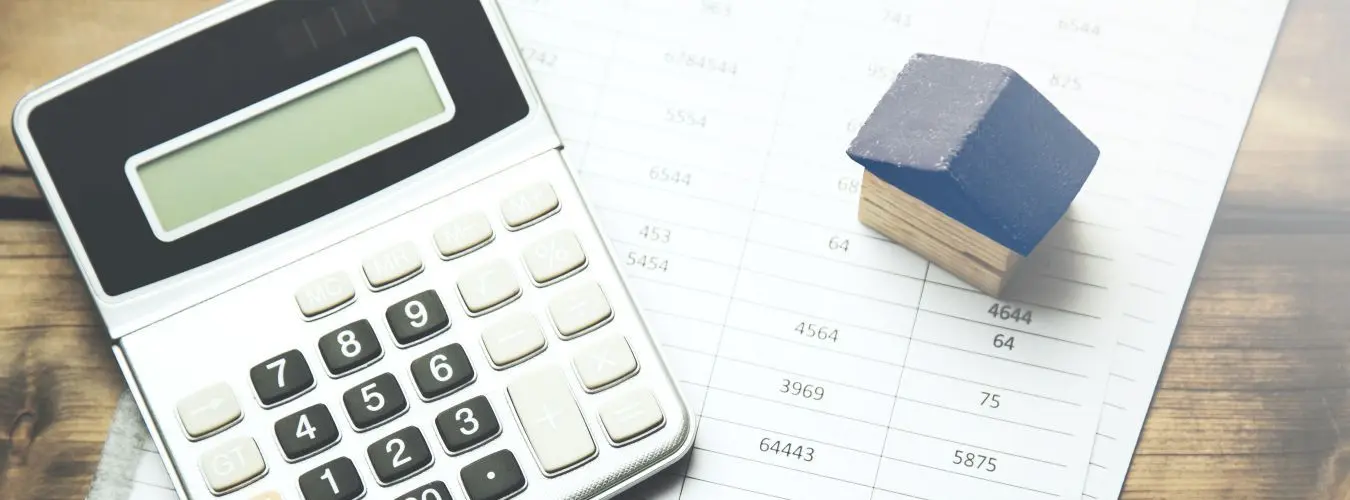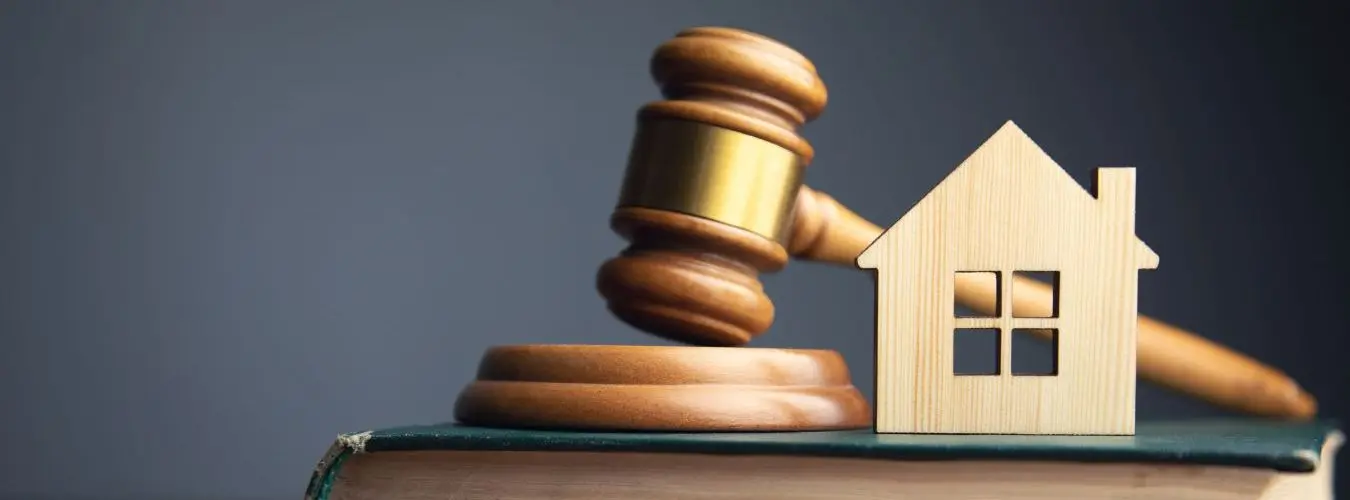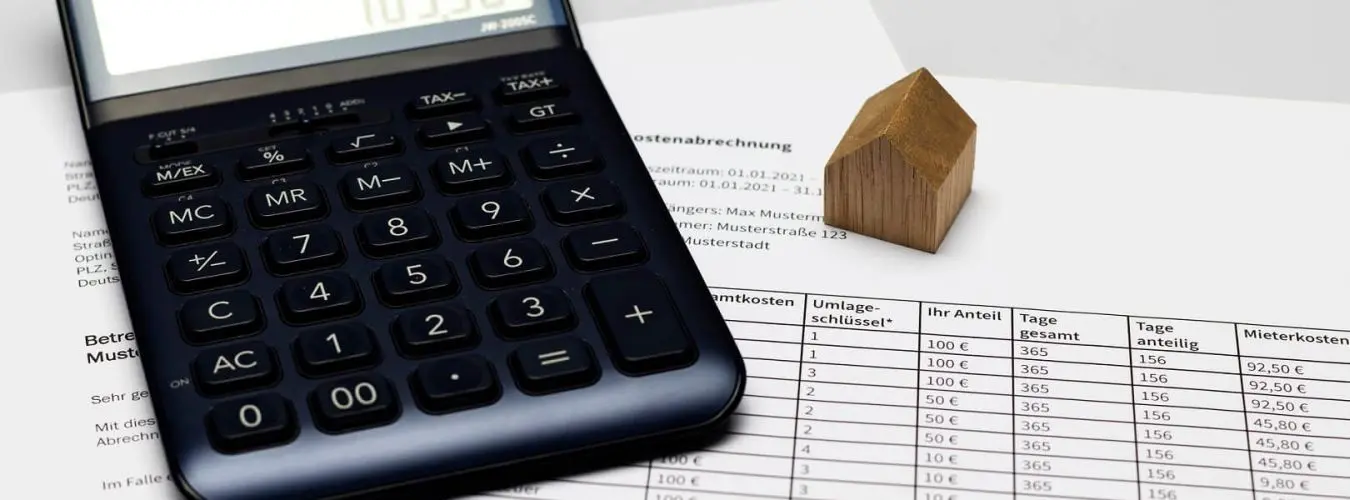The notary appointment is one of the most important steps in the purchase of a house or condominium. This is when all parties (buyer, seller and possibly their lawyers) meet at a notary's office to sign and seal the purchase agreement.
The notary verifies the authenticity of the signatures and ensures that all legal requirements are met and that all parties understand the content and implications of the documents. Conducting a notary appointment ensures that the transfer of property and all relevant rights and obligations are properly transferred and that no ambiguities or legal problems arise.
When should a notary appointment be scheduled for a home purchase or apartment purchase?
When buying a house or a condominium, owners as well as buyers often face the question of the right time for the appointment with the notary.
In principle, a notary appointment should be arranged only when all the terms of the contract between the buyer and the seller have been established and both parties are ready to sign the purchase agreement.
As a rule, the notary appointment should take place about a month after the conclusion of the purchase agreement. This will give you enough time to gather all the necessary documents and clarify any questions you may have.
It is advisable to contact the notary early to ensure that you can arrange a date that is convenient for all parties.
Procedure of a notary appointment in real estate purchase
The visit to the notary follows a regulated procedure:
- Greeting and verification The notary welcomes all participants and verifies the identity of the parties.
- Reading of the purchase agreement The notary reads out the purchase agreement and explains the main points.
- Signing of the agreement All parties sign the agreement in the presence of the notary.
- Notarization of the signatures The notary certifies the signatures and ensures that the contract is legally valid.
- Transfer of ownership The notary ensures that the ownership of the property is transferred to the new owner.
- Closing The notary declares the closing of the notary appointment and hands over all documents to the parties.
How long does a notary appointment take?
The duration of a notary appointment when buying or selling a property can vary depending on the size and complexity of the transcation, as well as the number of documents to be signed. Usually, such an appointment lasts between 30 minutes and 2 hours.

Preparation for the notary appointment:
In order to ensure a smooth transaction, it is important to fully compile all the required documents before the notary appointment. If documents are missing, this can lead to delays or additional costs.
It is therefore recommended to contact the notary in advance and clarify any questions.
What documents do I need when buying real estate?
For a notary appointment for a real estate purchase, you will need the following documents:
- ID or passport
- purchase contract
- land registry extract
- financing confirmation (if required)
- Proof of deposits made
What documents do I need as an owner when selling real estate?
As an owner, you will need the following documents when selling real estate:
- Identity card or passport
- Collection of signatures of the sales contract
- Extract from the land register (current date)
- Constructional description of the building
- Energy certificate
- Sale documents (eg.B. Construction plans, site plan)
- Proofs of outstanding amounts (eg property taxes, water bills)
Notary costs: What costs come to me?
The notary costs are an integral part of the incidental costs incurred in the purchase of real estate and are set out in the Court and Notary Costs Act (GNotKG). Normally, the buyer, i.e. the future owner of the property, pays the notary fees. These are calculated by the notary and depend on the complexity of the purchase contract and the purchase price.
Other costs incurred in the context of the notary appointment:
- Grunderwerbssteuer: This must be paid when buying a property in Germany and is usually 3.5% of the purchase price.
- Fees for land registration: These are levied by the State Office for Geoinformation and Land Development and are based on the purchase price.
- Costs for a possible valuation of the property: If a valuation by an appraiser is desired, additional costs will be incurred for this.
Please note that this is only a rough overview and the actual costs may vary depending on the state and individual case.
Rescheduling or Canceling a Notary Appointment - Who is Responsible for Costs?
Whether a client or a notary is responsible for costs when a notary appointment is rescheduled or canceled depends on the specific terms of the contract. Some contracts may provide that the client bears the costs, while other contracts transfer those costs to the notary.
Therefore, the terms should be reviewed in advance and agreed upon with the notary.
What happens after the notary appointment?
After the notary appointment, there are some important steps to follow to ensure that everything goes smoothly. Here are the most important steps to take after the notary appointment:
- Reviewing the documents:It is important to carefully review all the documents you received during the notary appointment. This includes the purchase agreements, land registry entries and all other relevant documents.
- Transfer of the purchase price: Once all documents have been reviewed, the purchase price must be transferred to the seller. This can be done either directly after the notary appointment or within an agreed period.
- Transfer of ownership: Once the purchase price has been transferred, the ownership of the property must be transferred. This is registered in the land register and is an important step to ensure that ownership is transferred to the new owner.
- Transfer of the key: After the transfer of ownership, the key for the new property must be handed over to the buyer. This can be done immediately after the notary appointment or within an agreed period.
- Taking out a homeowner's insurance: It is important to take out a homeowner's insurance to protect the property and the contents of the property. This should be done as soon as possible after the notary appointment.
- Review of technical installations: It is equally important to check the technical installations such as heating, electricity and water supply to ensure that everything is in order.
- Contacting utility companies: Once the property has been transferred, the utility companies must be informed so that they can transfer the supply of electricity, gas and water to the new owner.
All these steps must be carefully reviewed and followed to ensure a smooth process.
How long does it take from the notary appointment to the purchase price payment?
The duration from a notary appointment to the purchase price payment depends on several factors and can therefore vary. On average, you can expect one to two weeks. Make sure that all necessary steps are properly completed before the purchase price is transferred.

